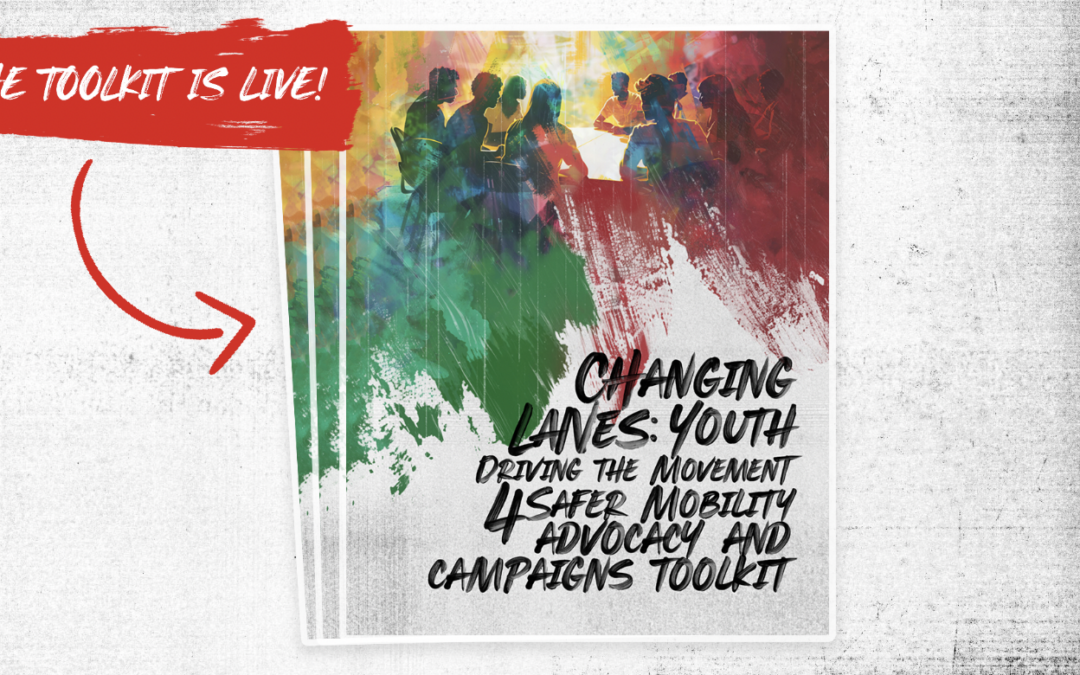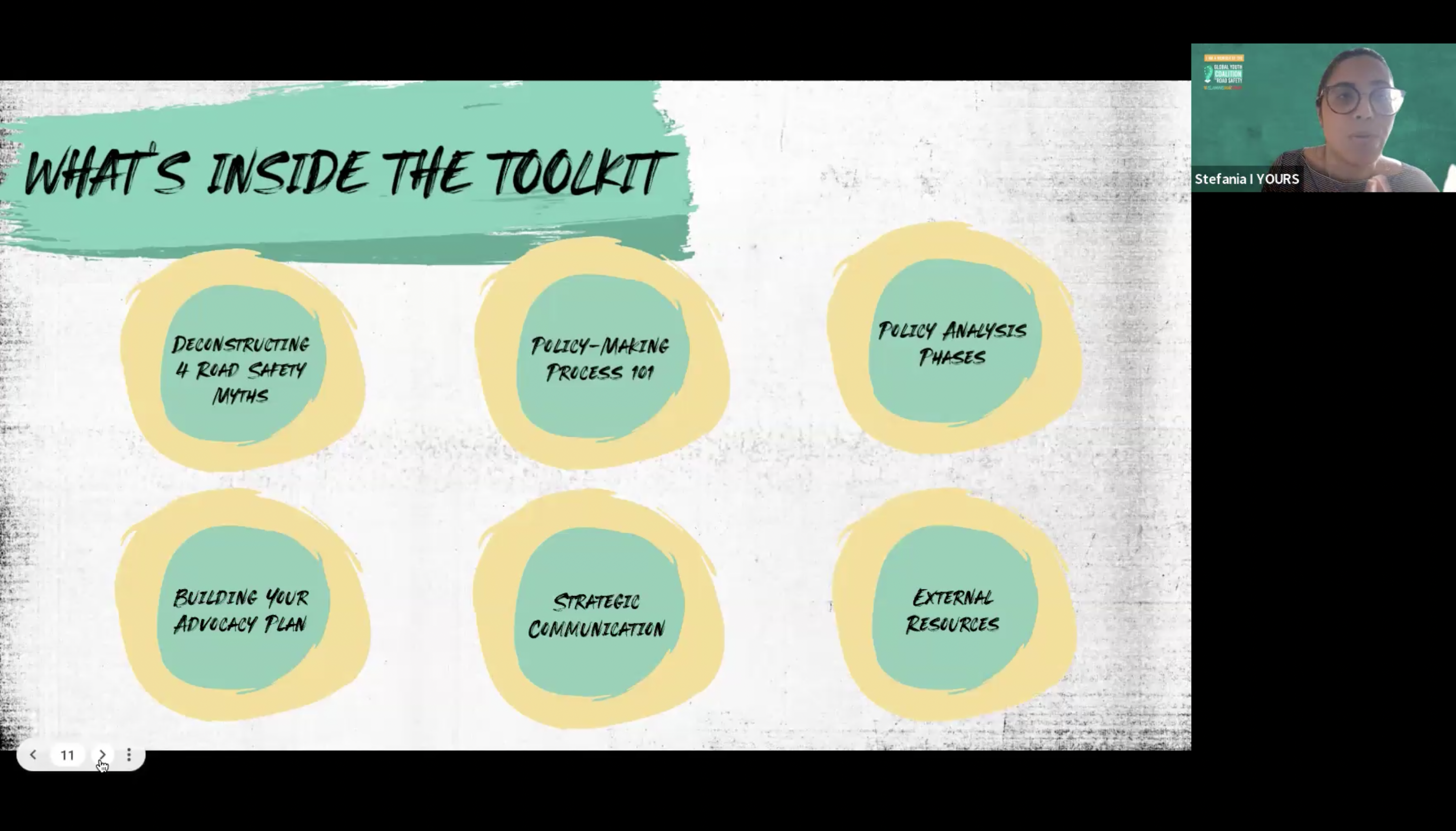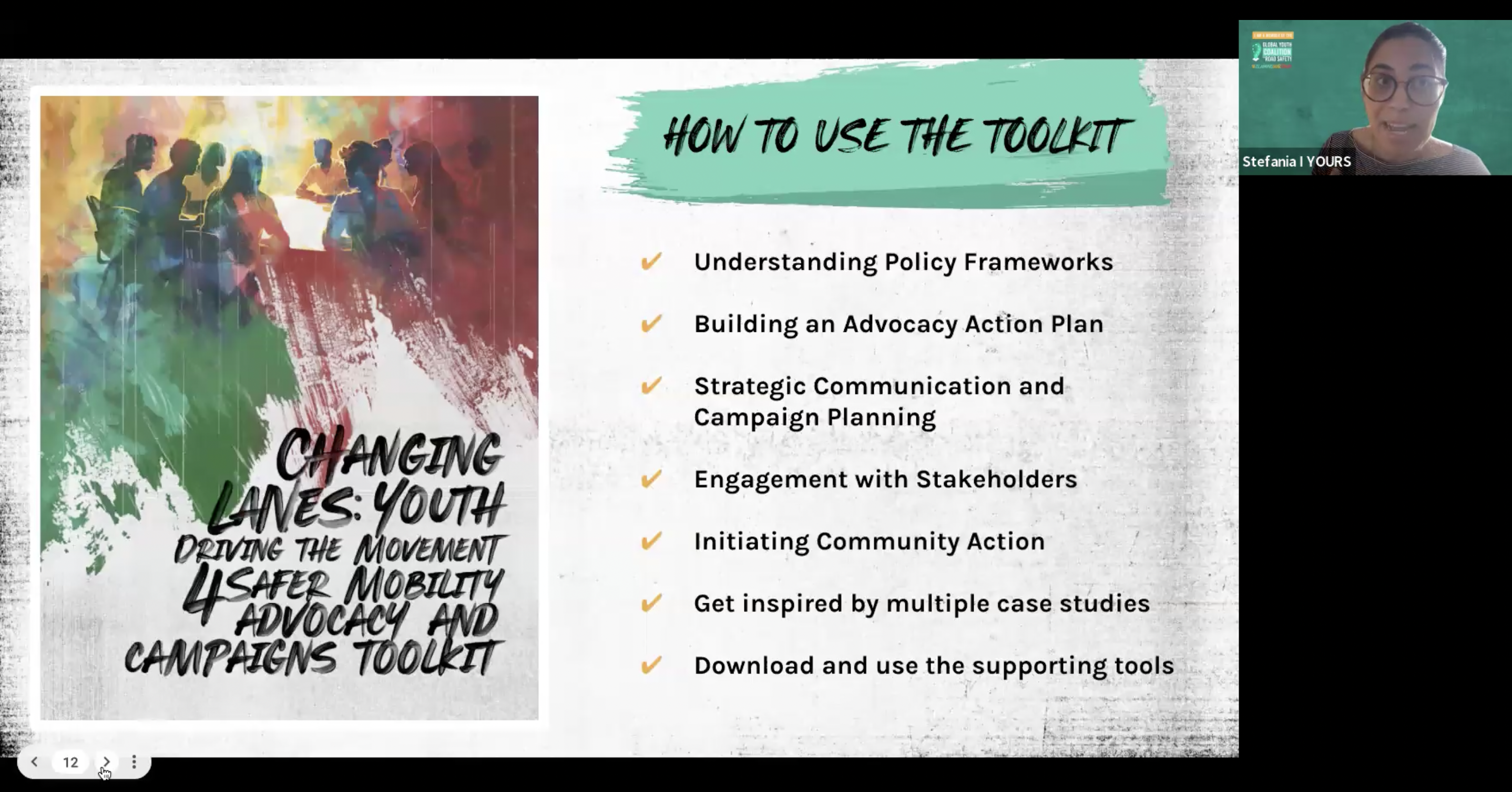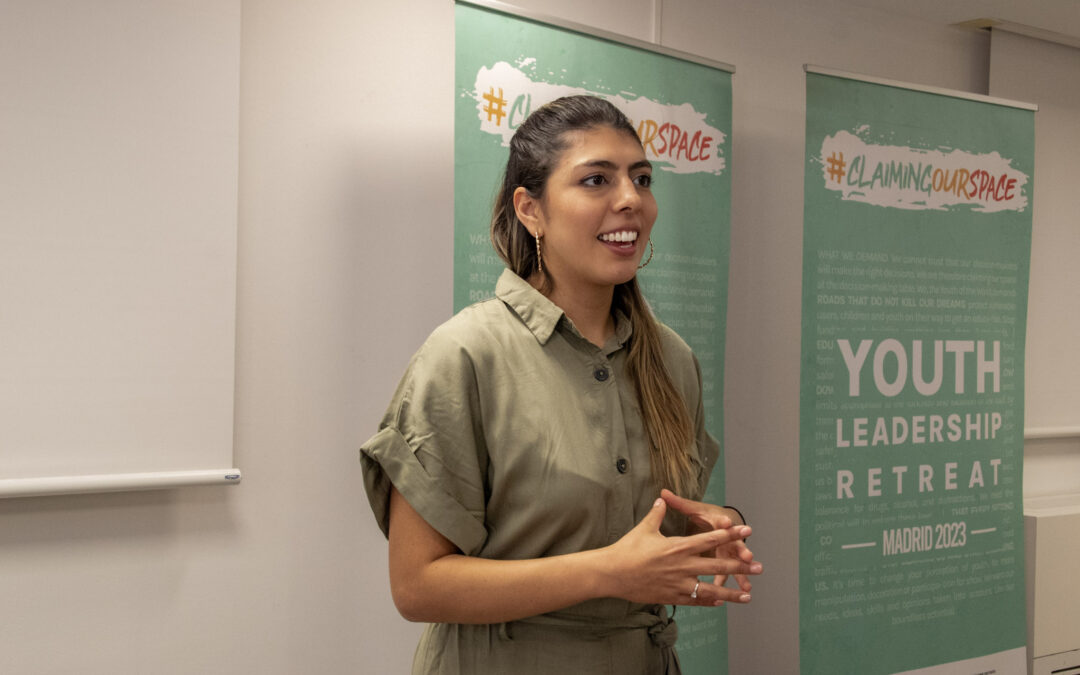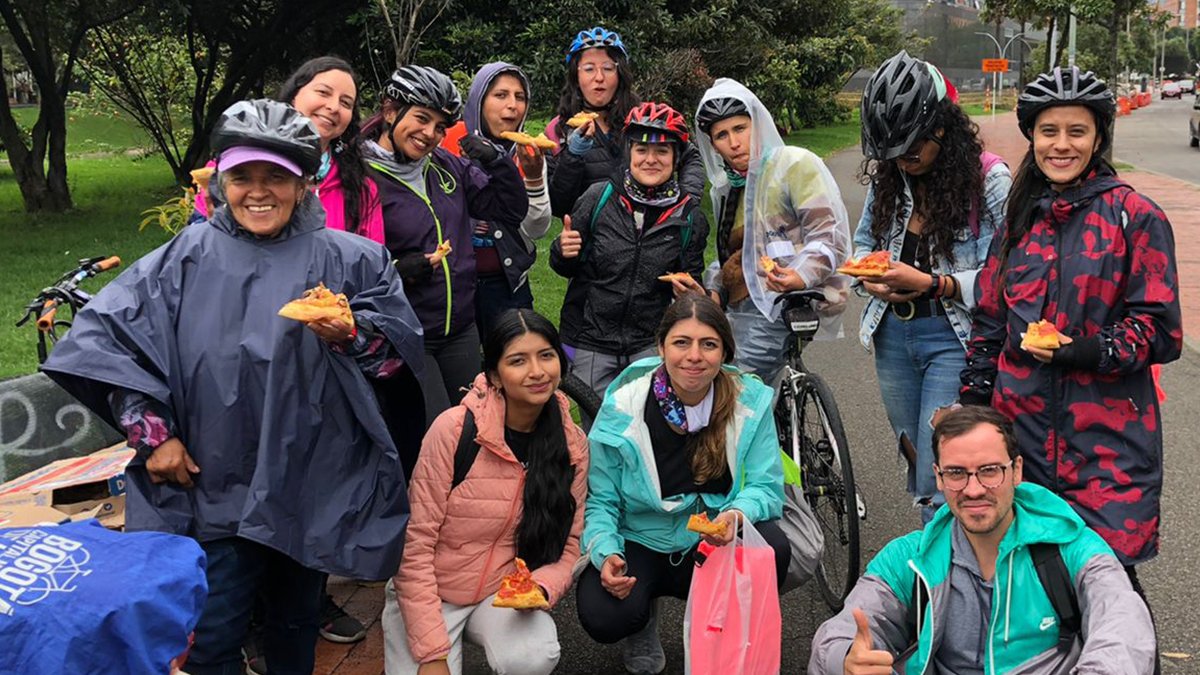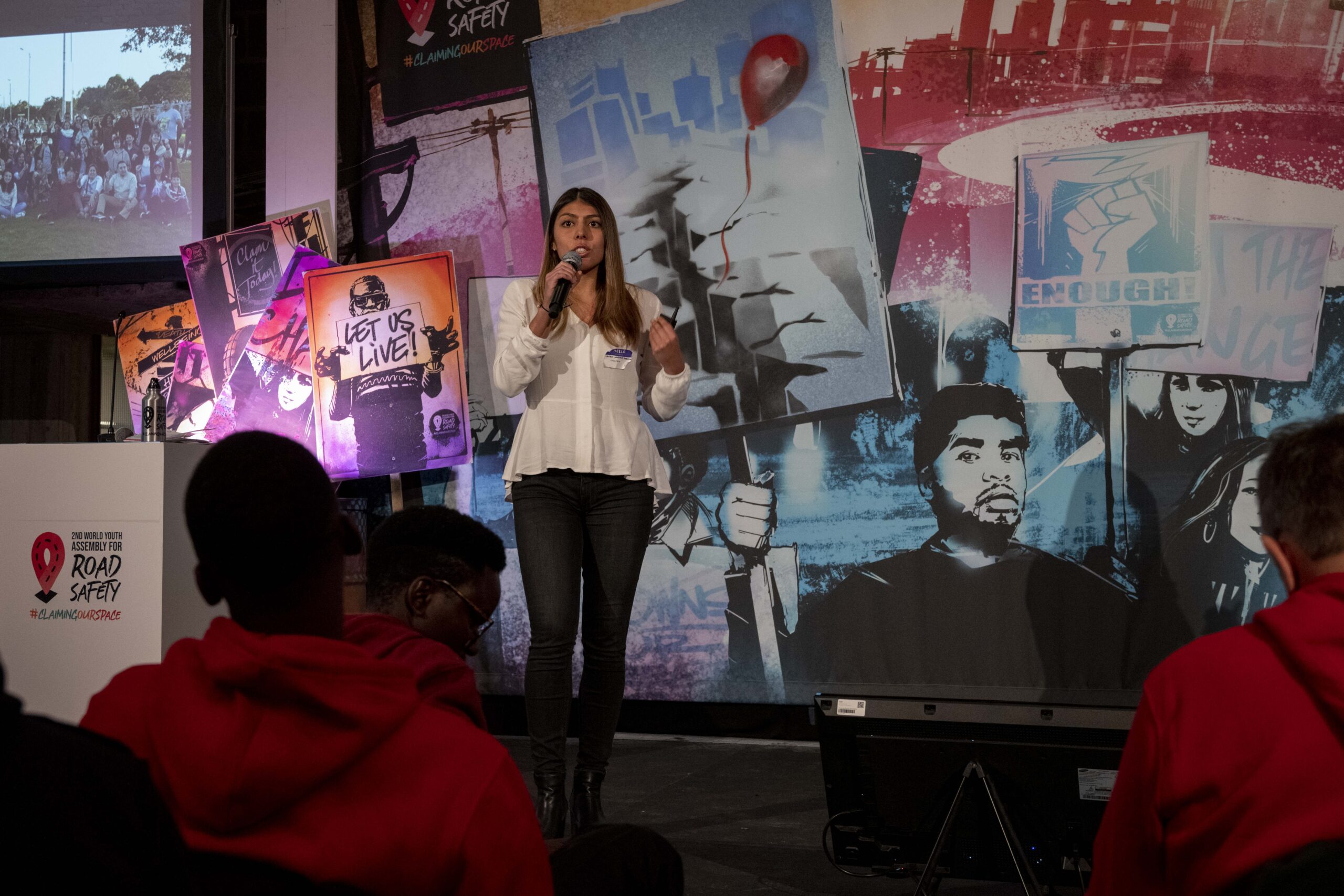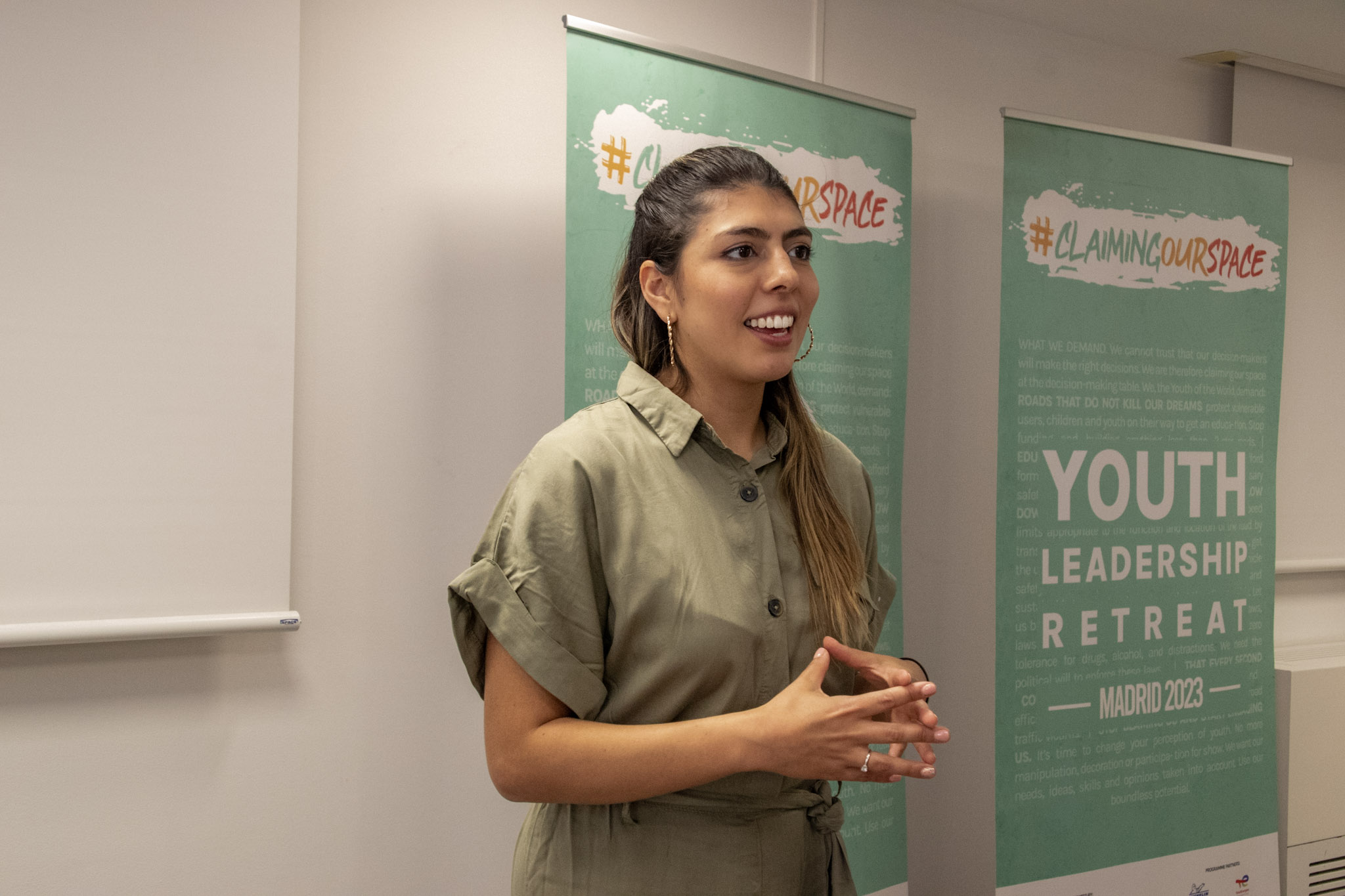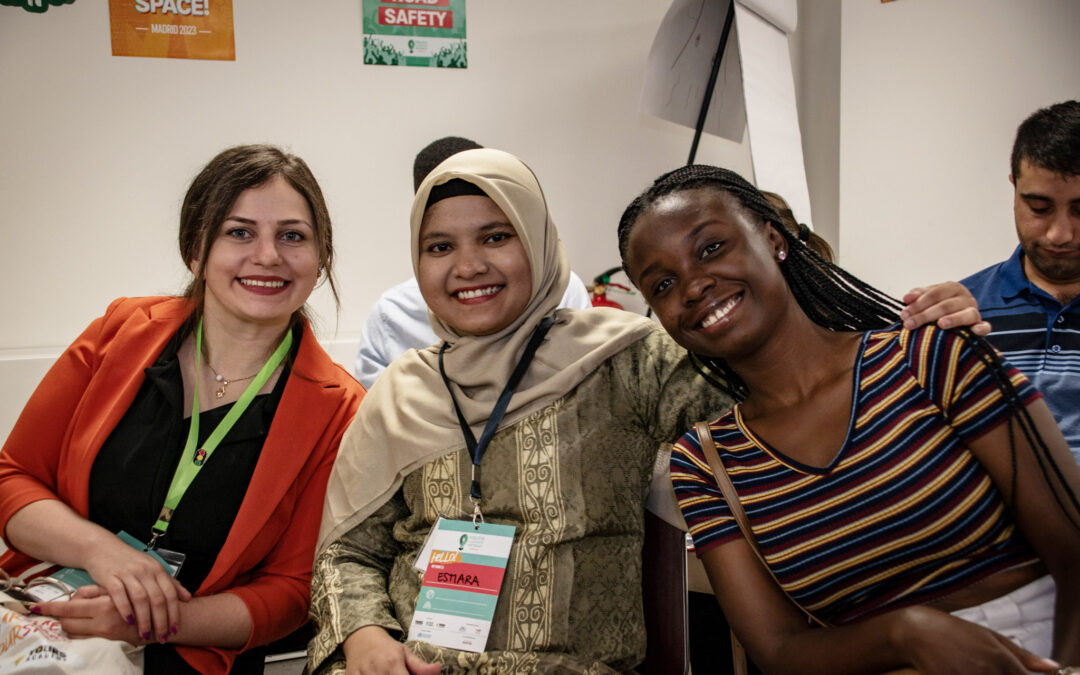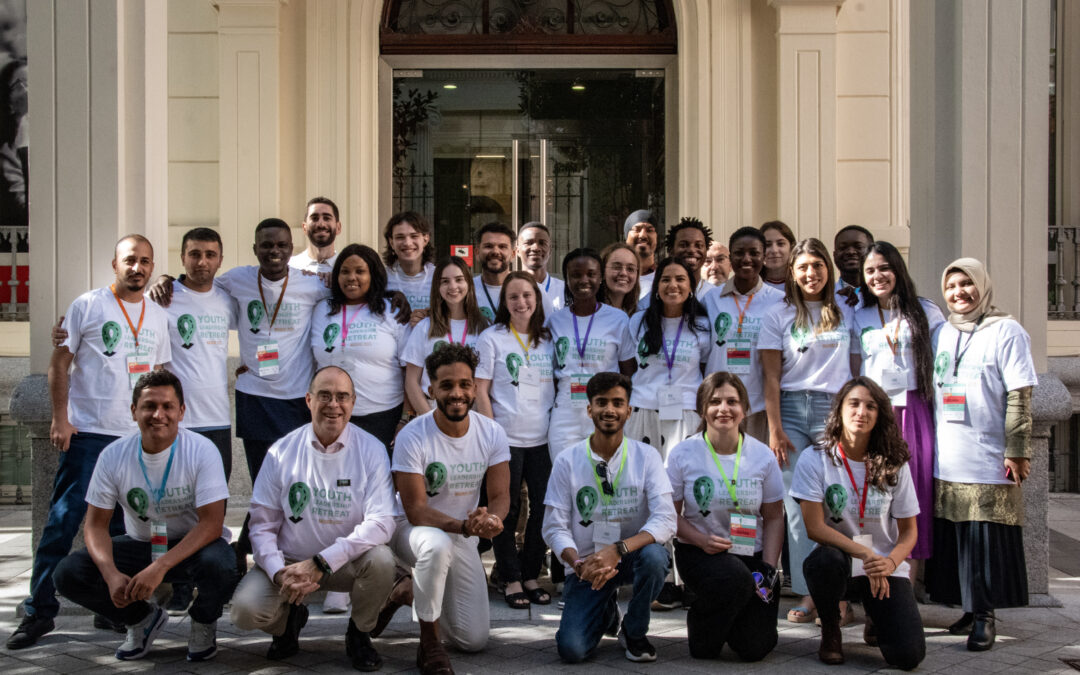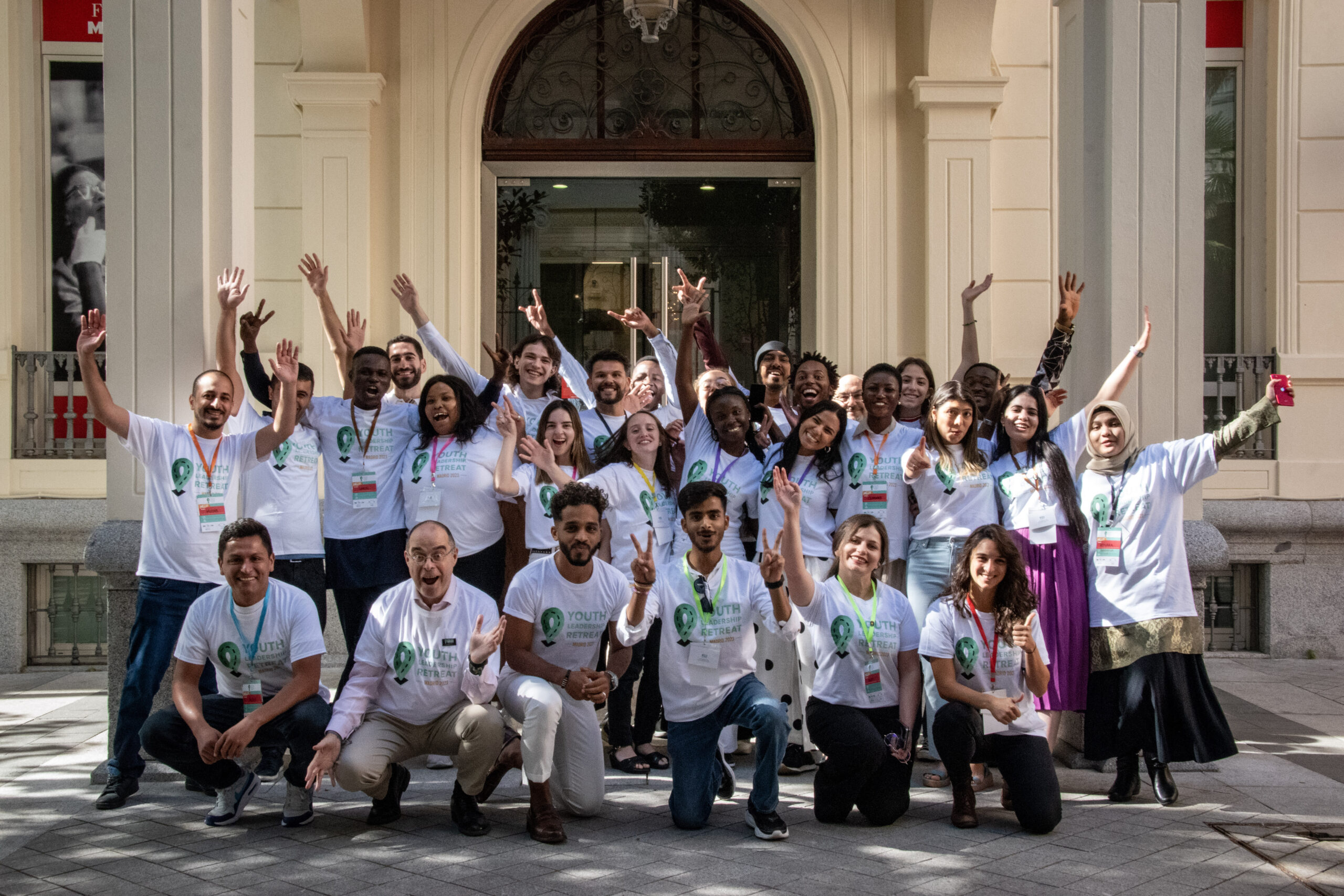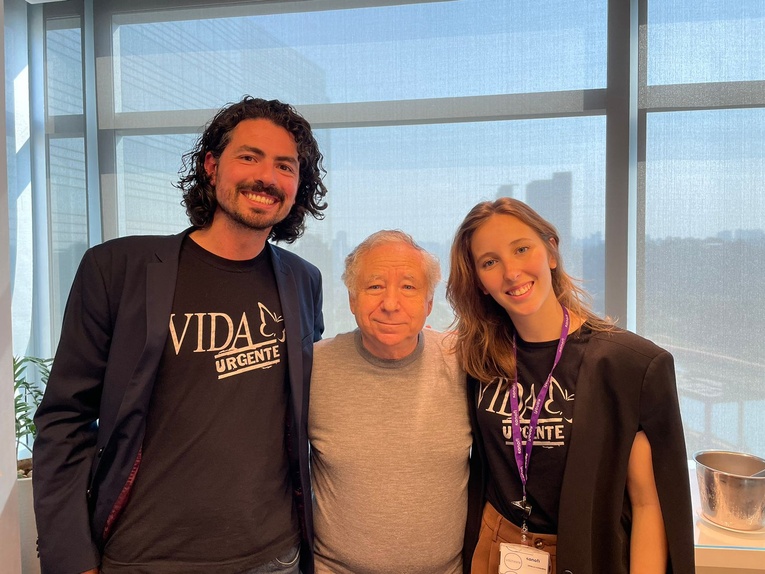YOURS warmly welcomes potential partners who share their commitment to amplifying youth voices in the ITF 2024 Summit exhibition space. If you’re passionate about collaborating to showcase the perspectives of young people, we invite you to reach out to YOURS Projects and Partnerships Director Molly Stoneman at molly@youthforroadsafety.org
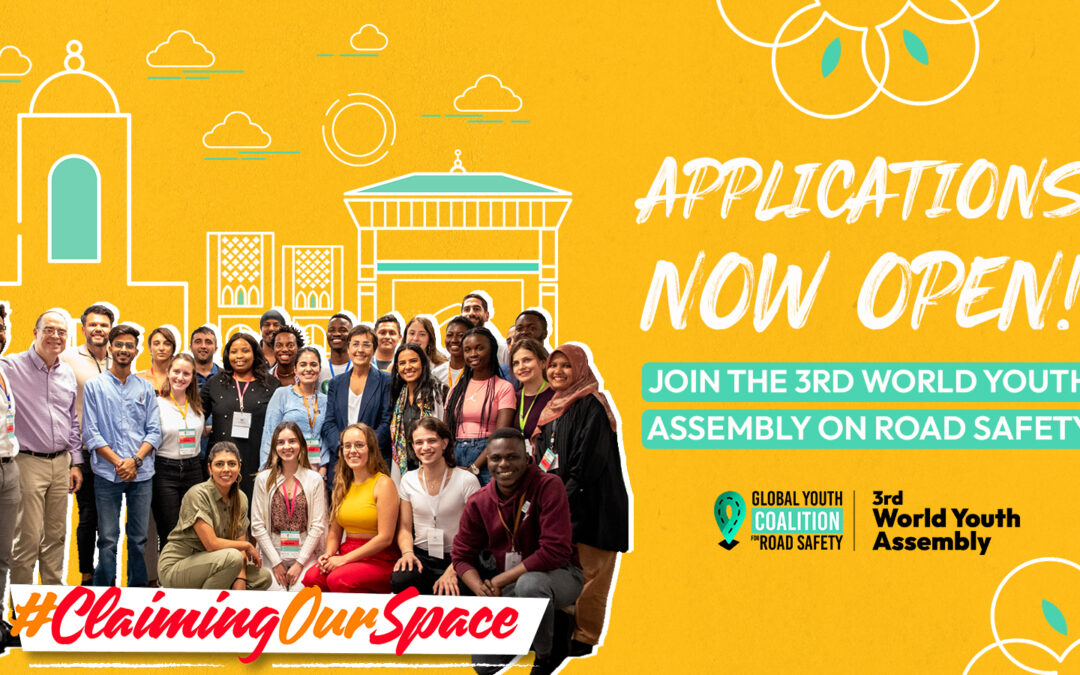
Become a Delegate to the 3rd World Youth Assembly
The Global Youth Coalition for Road Safety opened Applications to the 3rd World Youth Assembly for Road Safety happening at Marrakesh, Morocco on February 2025 last Thursday, August 15.
From February 15-16, 2025, over 200 young leaders from around the world will gather in Marrakech, Morocco, to shape the future of global road safety. The Assembly is an official side event to the 4th Global Ministerial Conference on Road Safety.
The Assembly is a unique opportunity for youth to come together in an interactive, groundbreaking and creative event, gathering youth voices and innovative ideas to influence global strategies. It will feature an inspiring and youthful programme that includes energetic keynote speeches, interactive workshops, artistic interventions, street activations with civil society partners, and opportunities to learn from and engage with top decision-makers in the field.
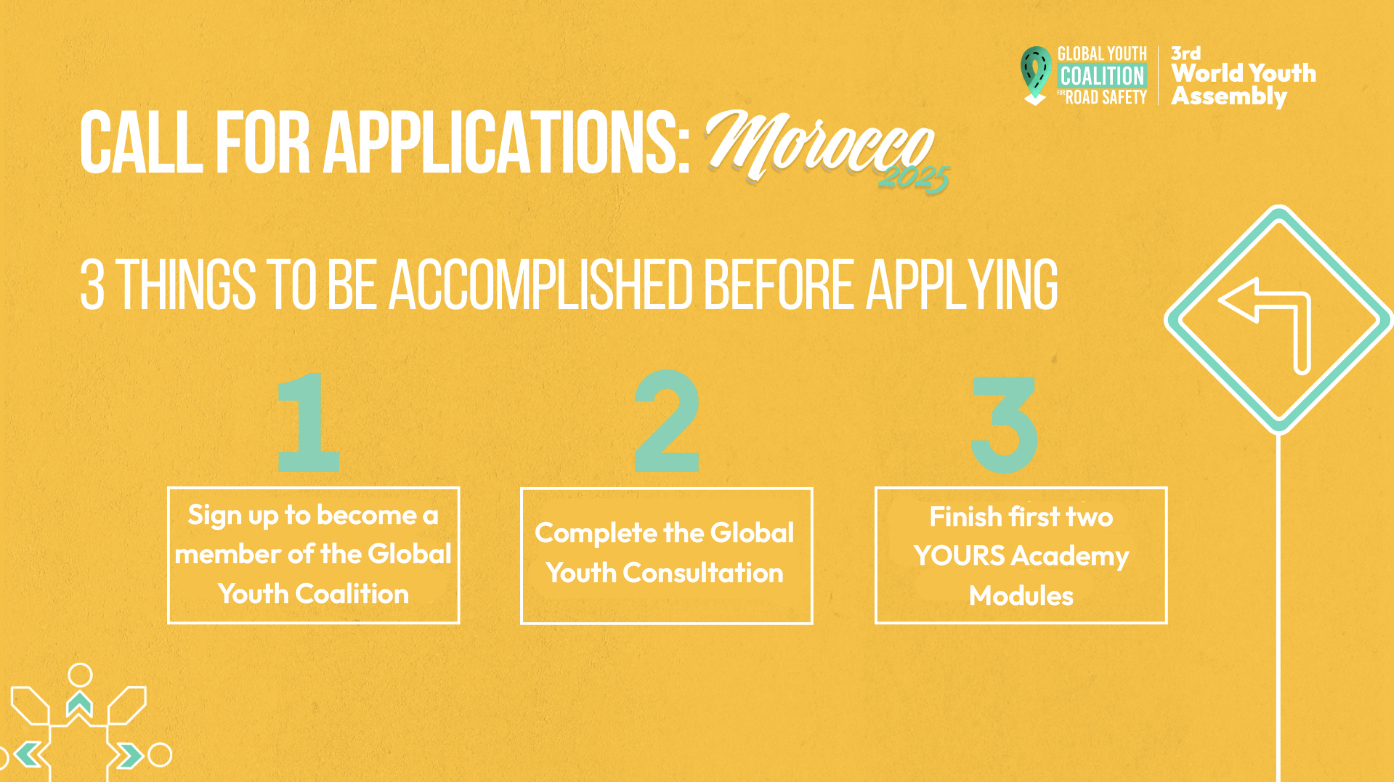
Through the Assembly, it is expected that youth voices will be elevated on the global stage, that youth actions will be catalysed through training and access to resources, and that individuals and groups working for safer roads and more sustainable transportation will have enhanced collaborations.
Before applying, young leaders are expected to meet all three criteria; (1) must be a member of the Global Youth Coalition for Road Safety, must have completed the Global Youth Consultation, and must have completed the first two modules at the YOURS Academy. Only then will they be considered for the delegation spots.
The deadline for applications is on the 15th of September 2024 at 23:59 CEST.

